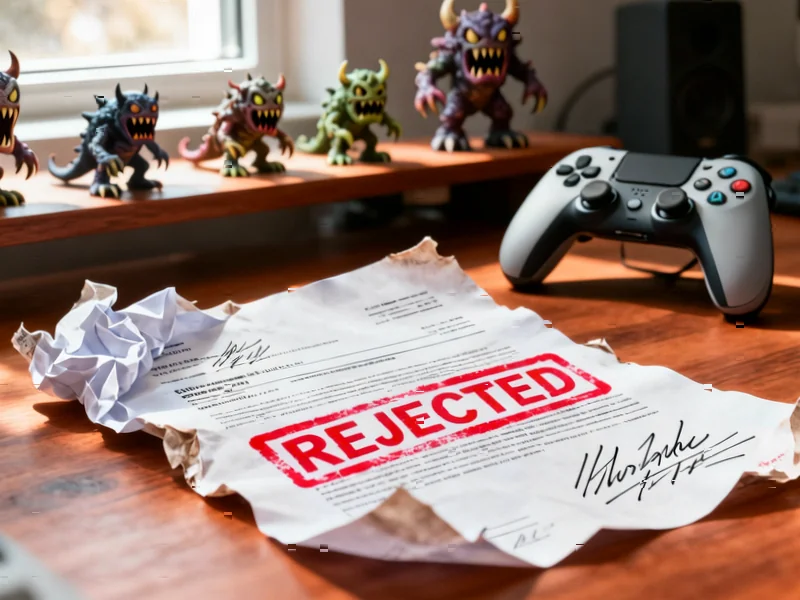According to Reuters, Pfizer just secured a $10 billion acquisition of biotech company Metsera after a fierce bidding war with Danish rival Novo Nordisk. The deal involves $86.25 per share, split between $65.60 in immediate cash and the remainder contingent on Metsera’s obesity drugs reaching market. What’s remarkable is how this played out – the U.S. Federal Trade Commission intervened directly, warning Metsera that Novo’s bid presented “unacceptably high legal and regulatory risks” despite matching Pfizer’s offer. The regulator then approved Pfizer’s acquisition a week ahead of schedule, an unusually fast move especially during a government shutdown when the FTC’s communications department isn’t even responding to emails.
The FTC’s highly unusual intervention
Here’s the thing that makes this deal different from your typical pharma acquisition. The FTC didn’t just sit back and wait for formal filings – they actively called Metsera’s board to express concerns about Novo’s structure. Novo had offered to pay a huge chunk upfront that Metsera could immediately distribute as dividends, basically trying to sidestep regulatory scrutiny. The FTC called this out directly, saying it would allow “potentially anticompetitive harms have already occurred” before they could intervene. But then waving through Pfizer’s identical financial offer a week early? That’s where this gets really interesting. It suggests the regulator isn’t playing neutral referee anymore.
The obesity drug arms race
Novo Nordisk isn’t just any competitor here – they’re one of the two dominant players in the weight loss drug market alongside Eli Lilly. Their blockbuster drugs Ozempic and Wegovy contain semaglutide, whose patent expires in 2031. So they’re desperate for new pipeline products, and Metsera’s promising obesity treatments represented a crucial strategic acquisition. Pfizer, meanwhile, needs to rebuild after its COVID revenue collapse. This bidding war was essentially two companies fighting for their futures. But when the playing field isn’t level, the outcome changes dramatically.
The “America First” reality check
Basically, we’re seeing industrial policy play out in real time. The same week this deal went down, Novo was in the Oval Office cutting a pricing deal with President Trump, who joked that maybe the company “should give us a piece of the company like I’ve been asking for.” That’s not subtle. When you combine that political context with the FTC’s intervention in the Metsera deal, the message to foreign pharma companies is clear: acquiring U.S. biotech assets will face different scrutiny than domestic buyers. Future bidders now know there’s an implicit “America First” test, whether it’s officially stated or not. And in industries where industrial technology and manufacturing capabilities are strategically important, this trend could extend far beyond pharmaceuticals.
What this means for future deals
So where does this leave the pharma M&A landscape? Pretty complicated. Foreign acquirers now have to factor in political risk that goes beyond traditional antitrust analysis. The structure of deals matters – Novo’s attempt to use upfront dividend payments to avoid scrutiny backfired spectacularly. And timing? The FTC moving during a government shutdown suggests certain priorities override everything else. The bigger question is whether this becomes a pattern across strategically important sectors. If you’re a U.S. biotech company considering acquisition offers today, you’re probably looking at domestic buyers differently than you were last month. The rules haven’t officially changed, but the enforcement certainly has.




